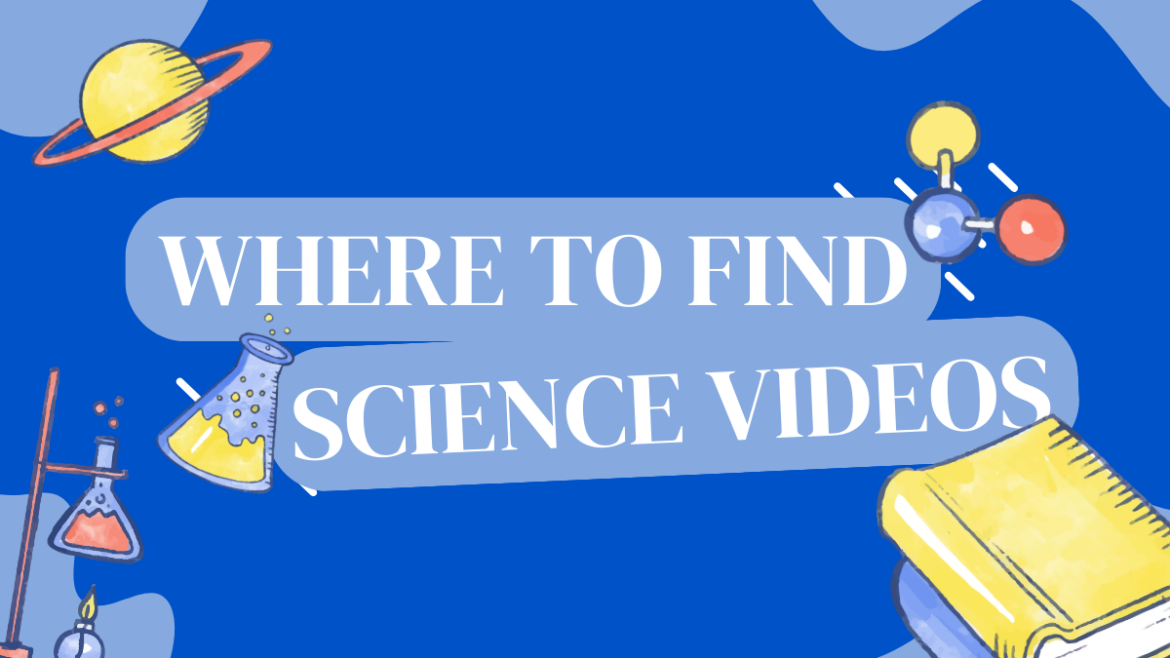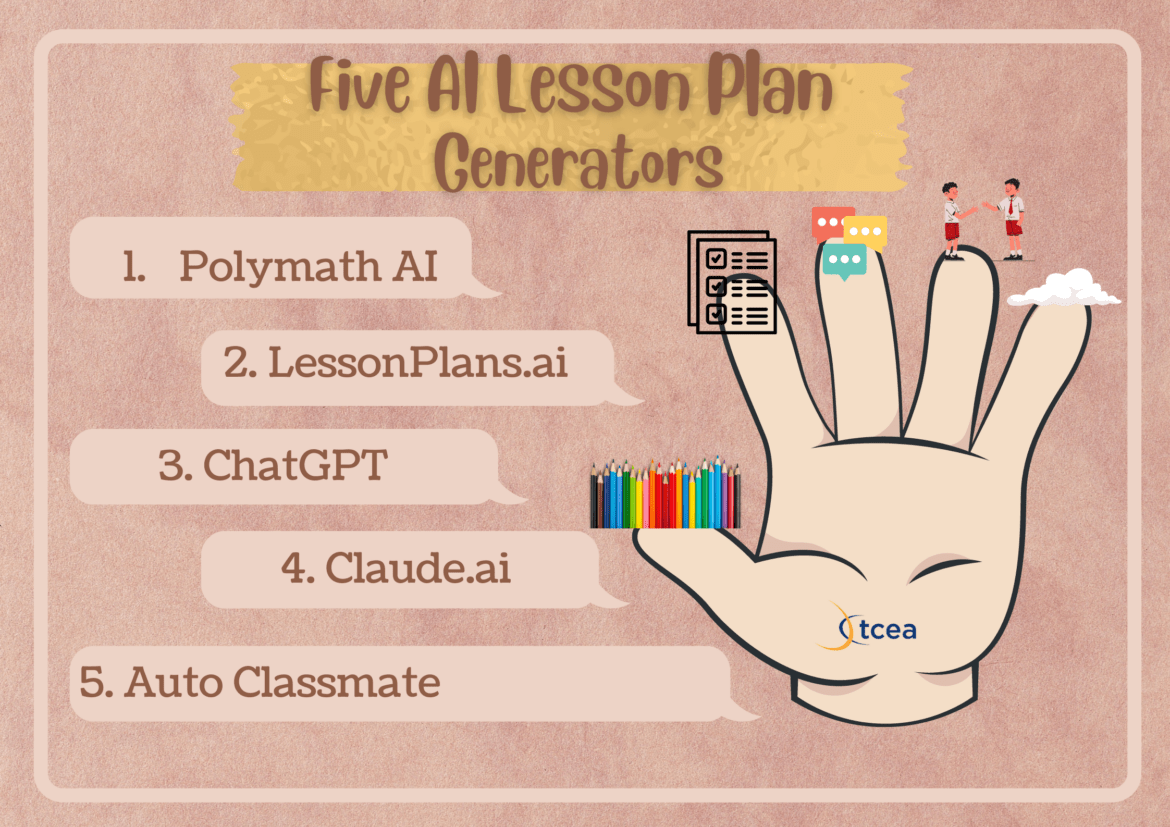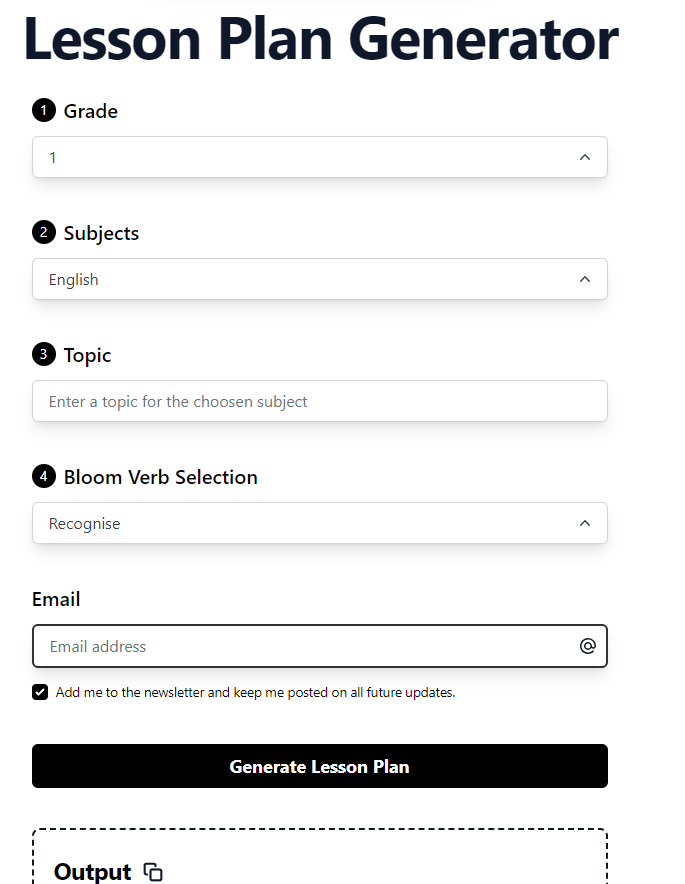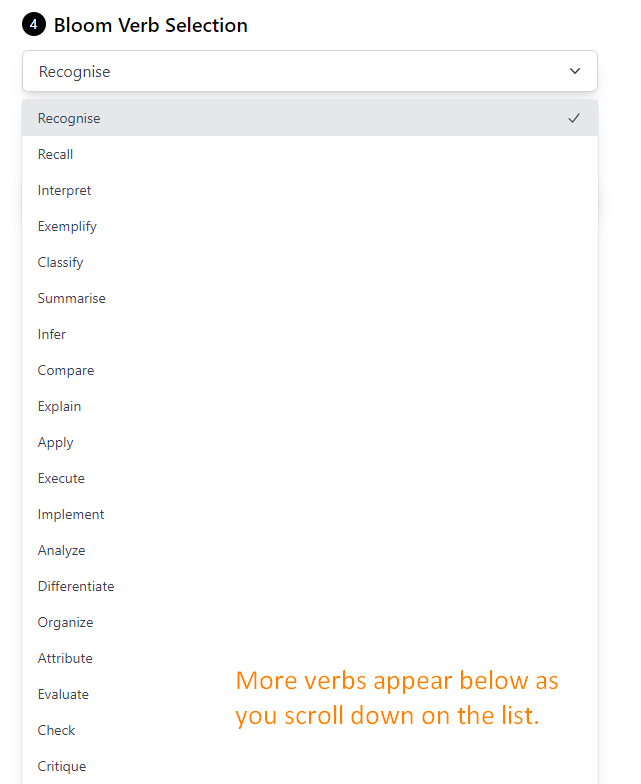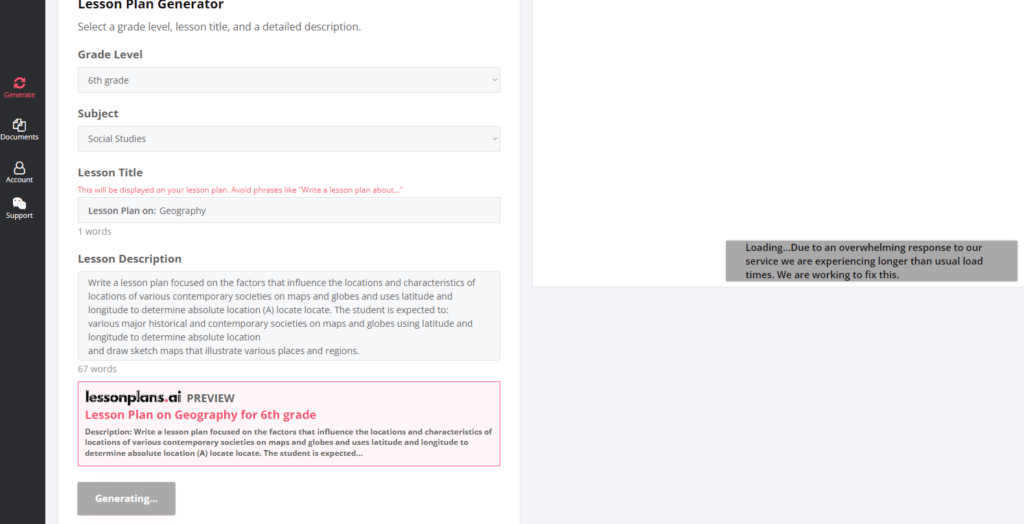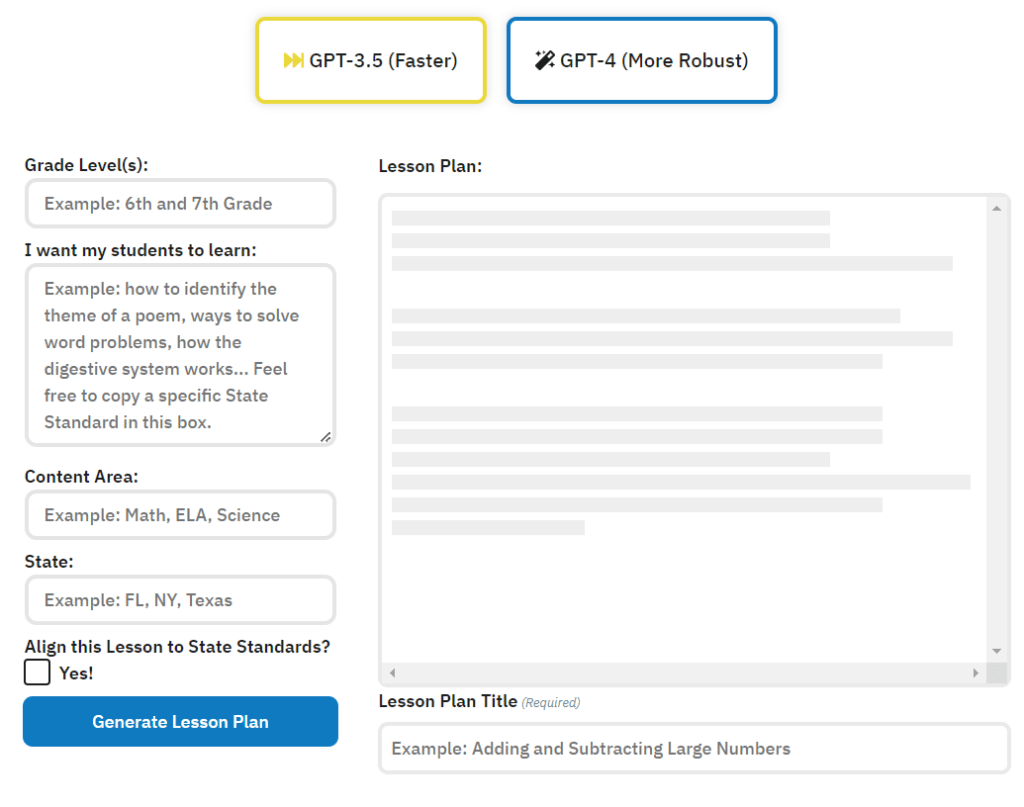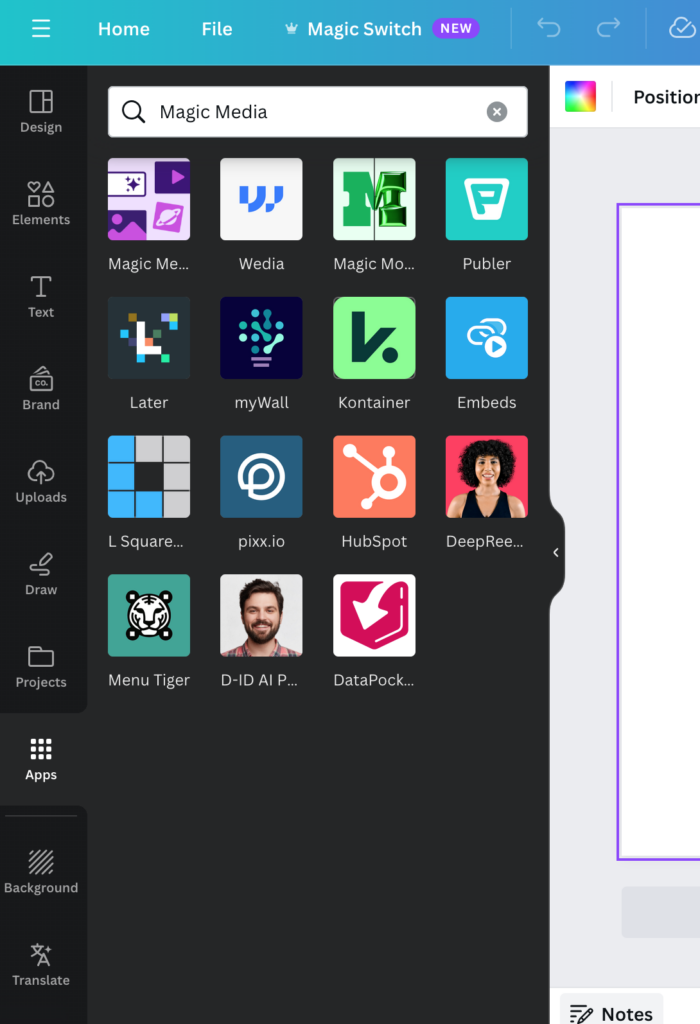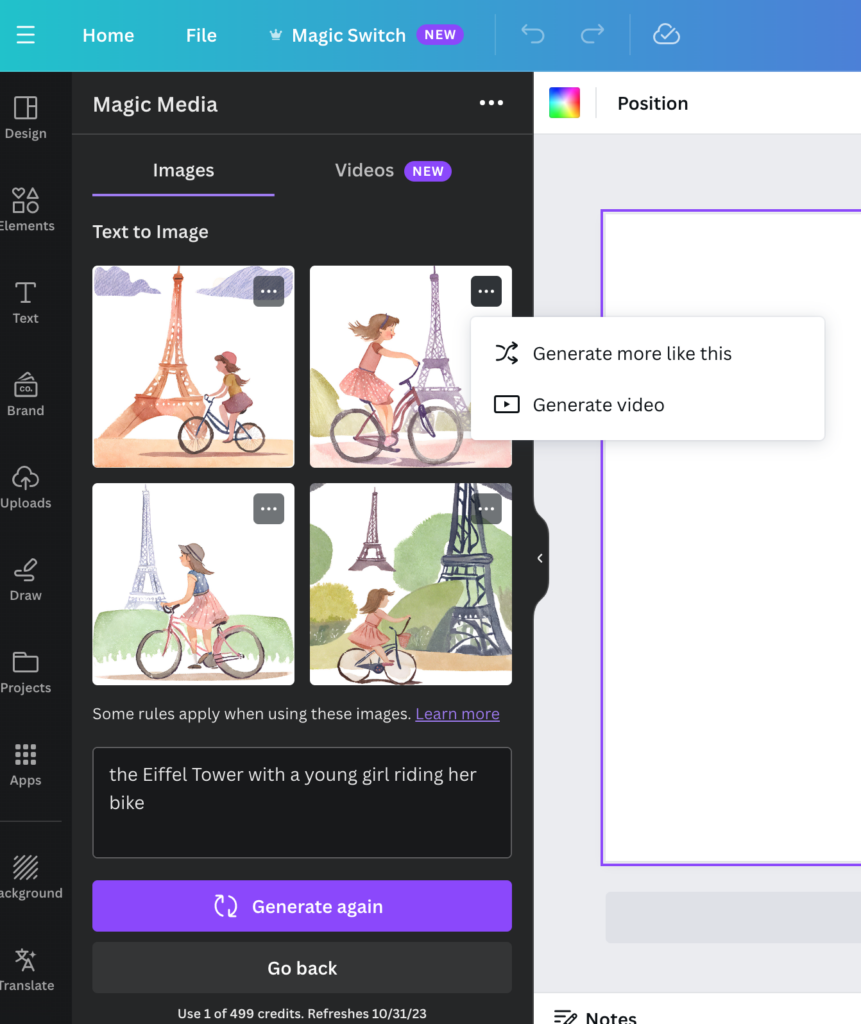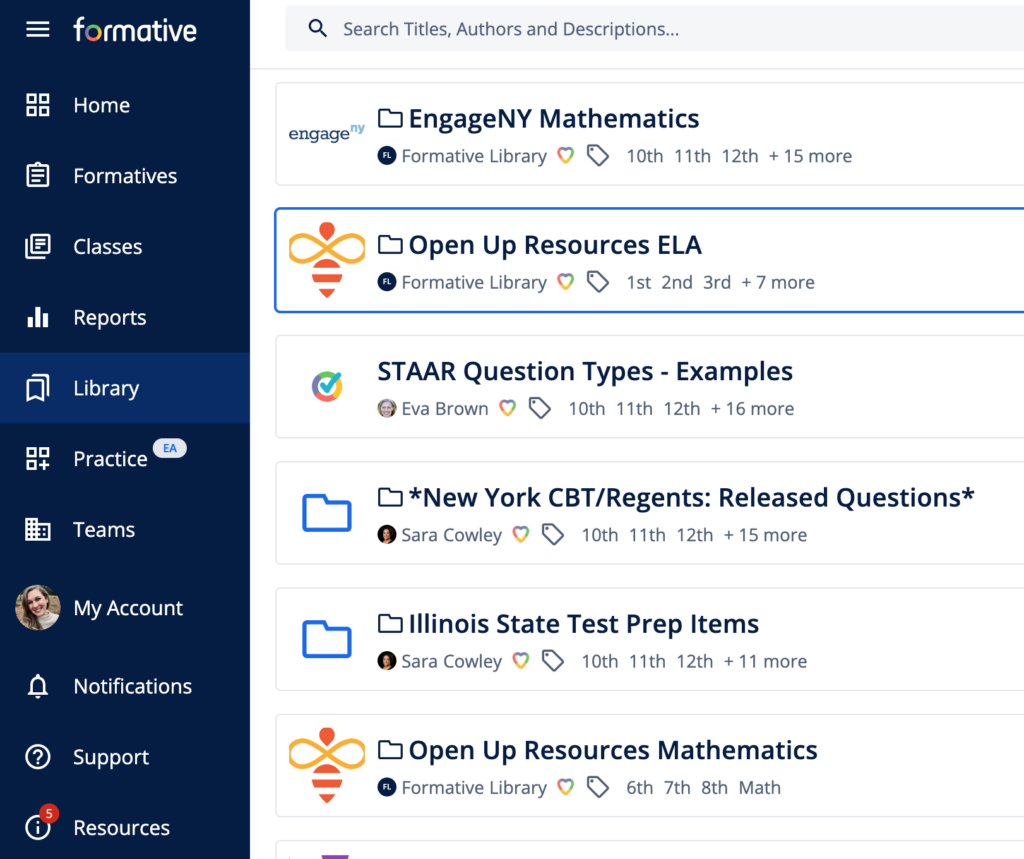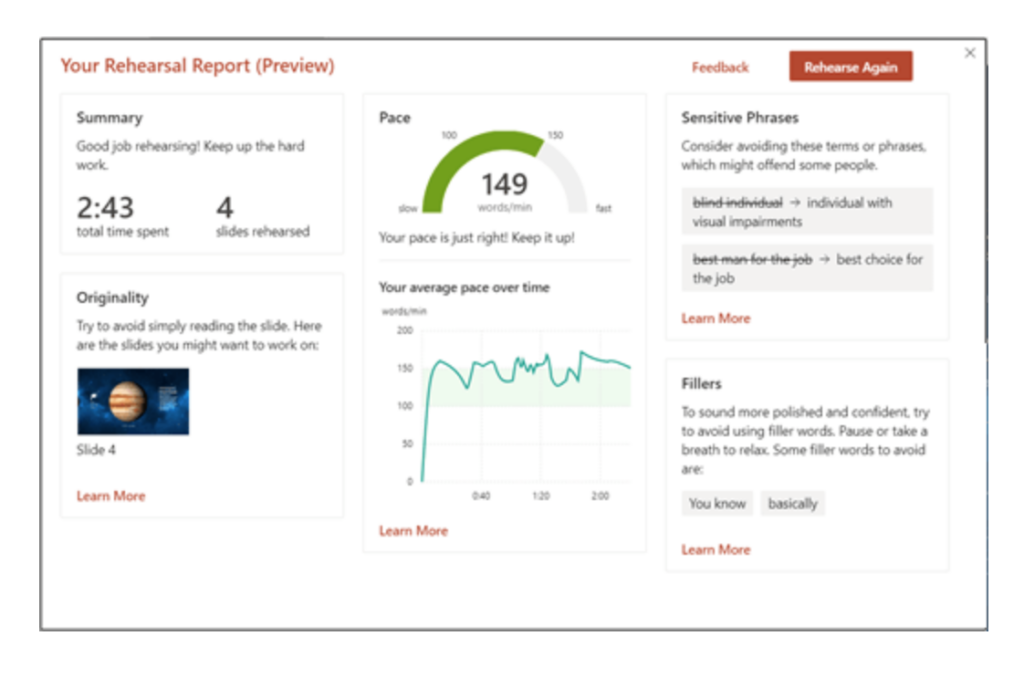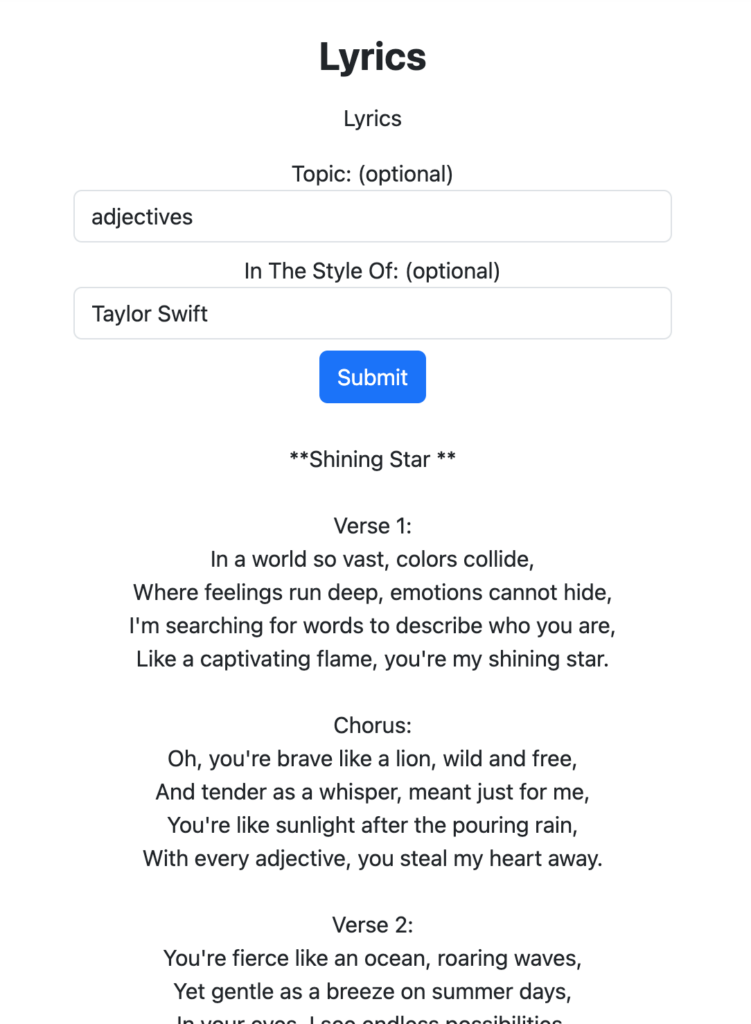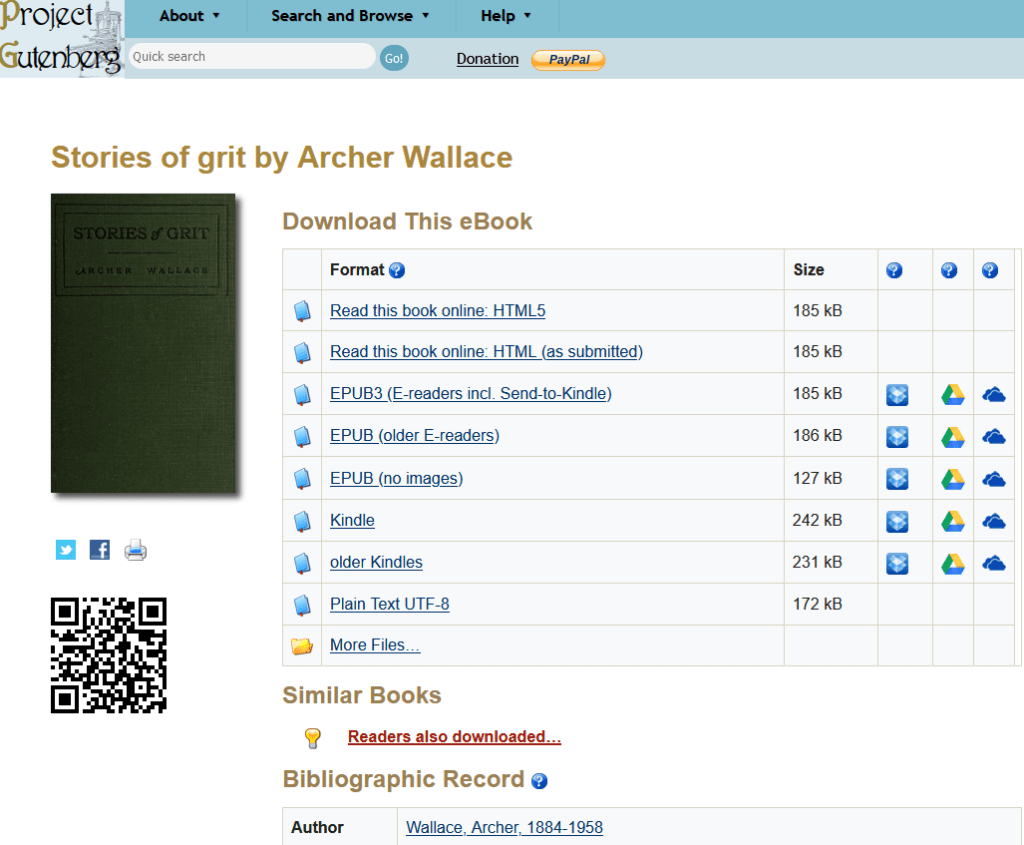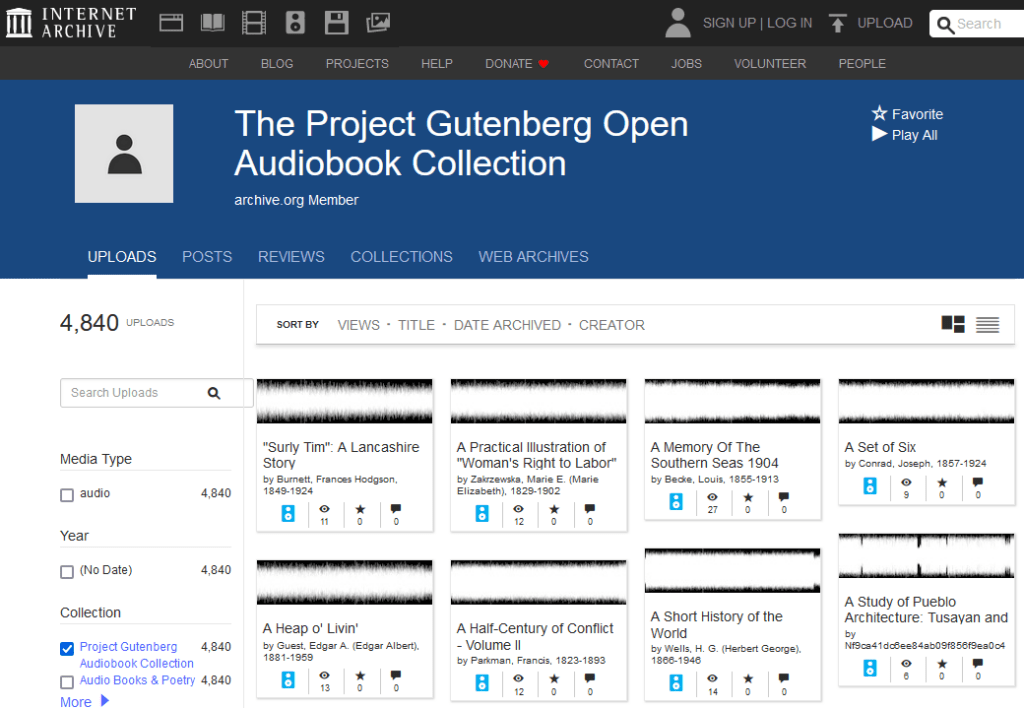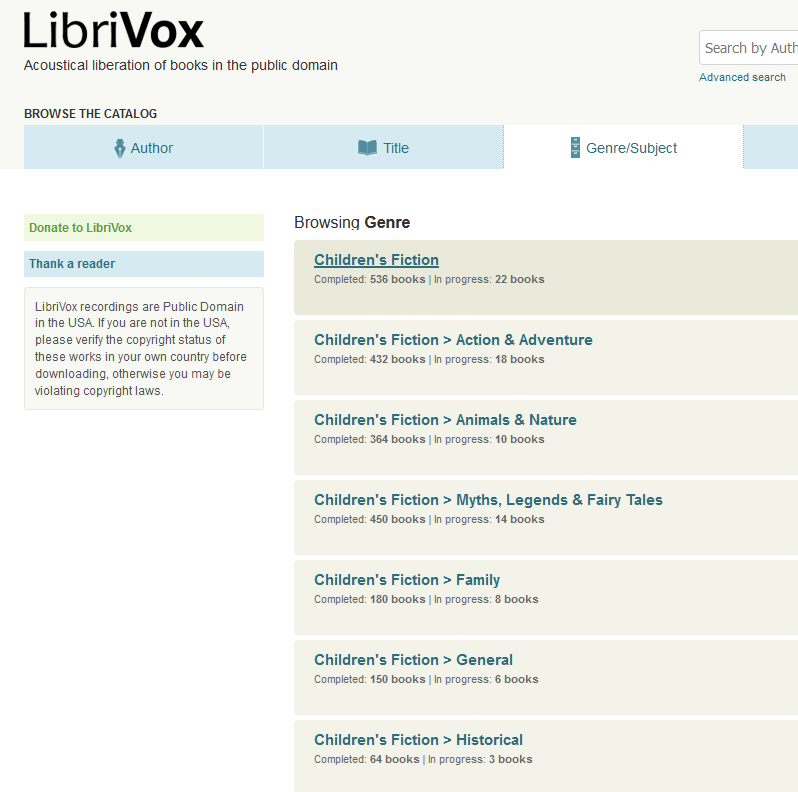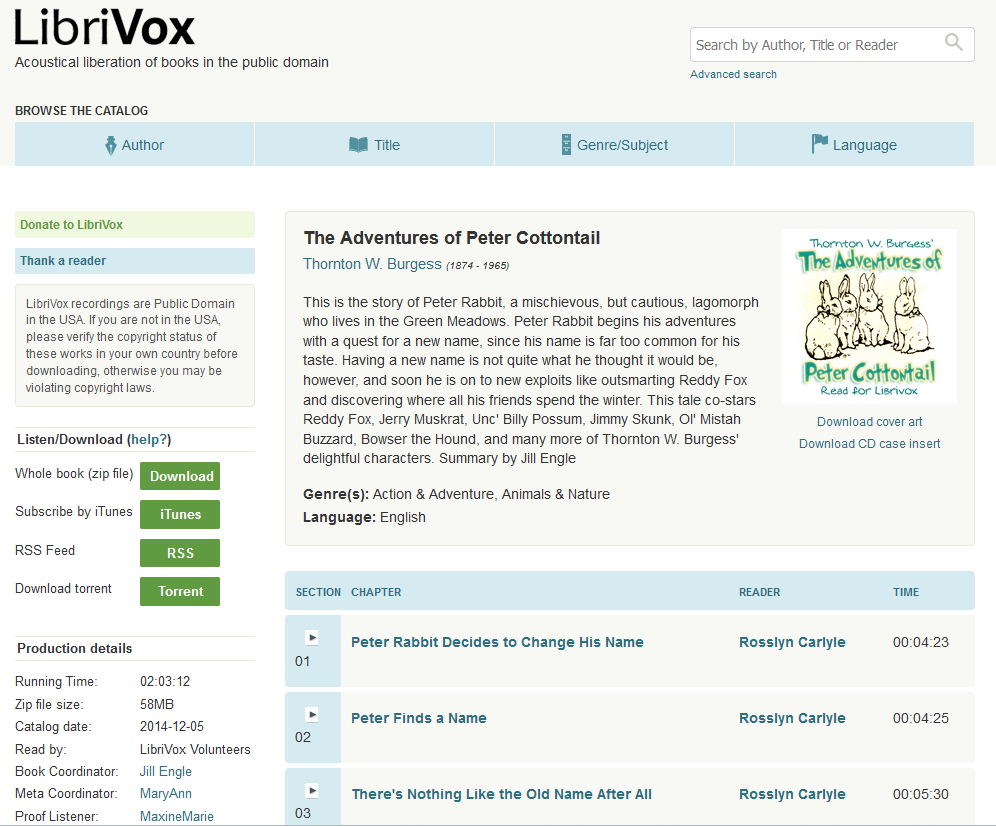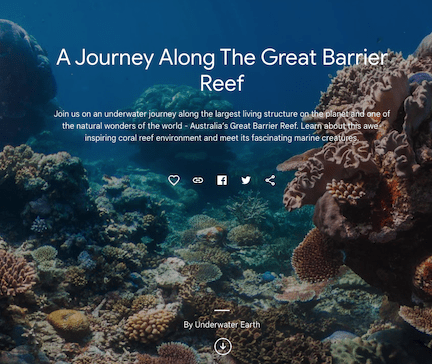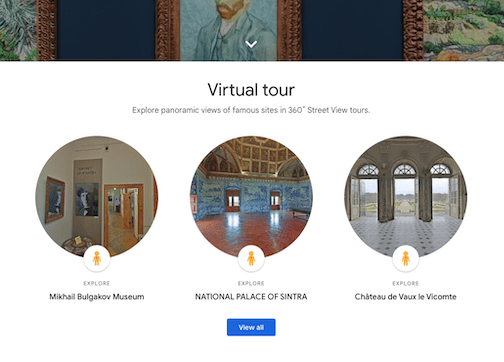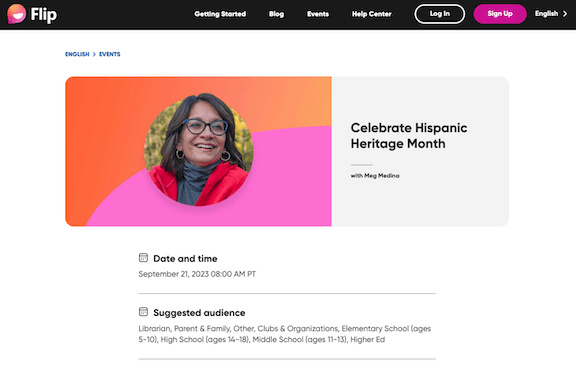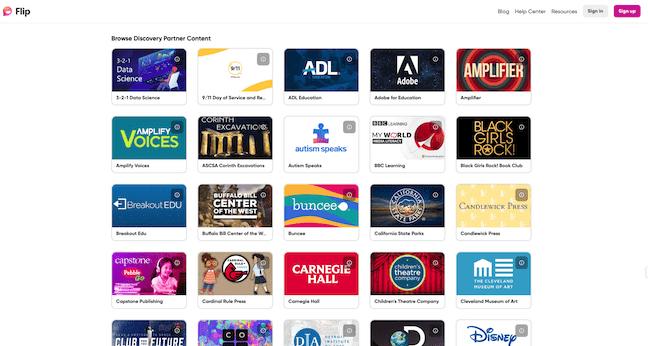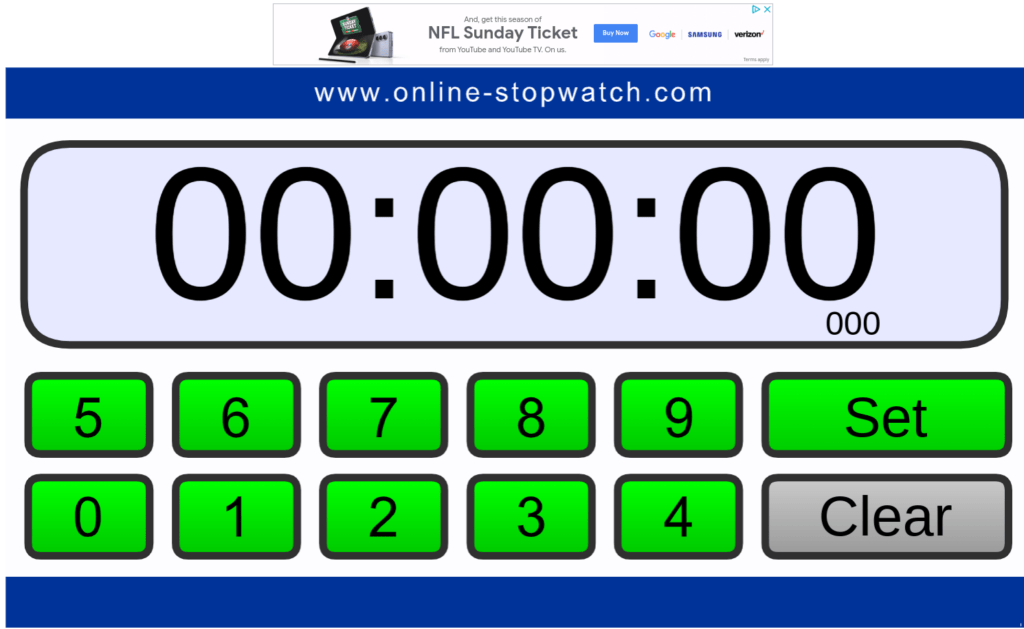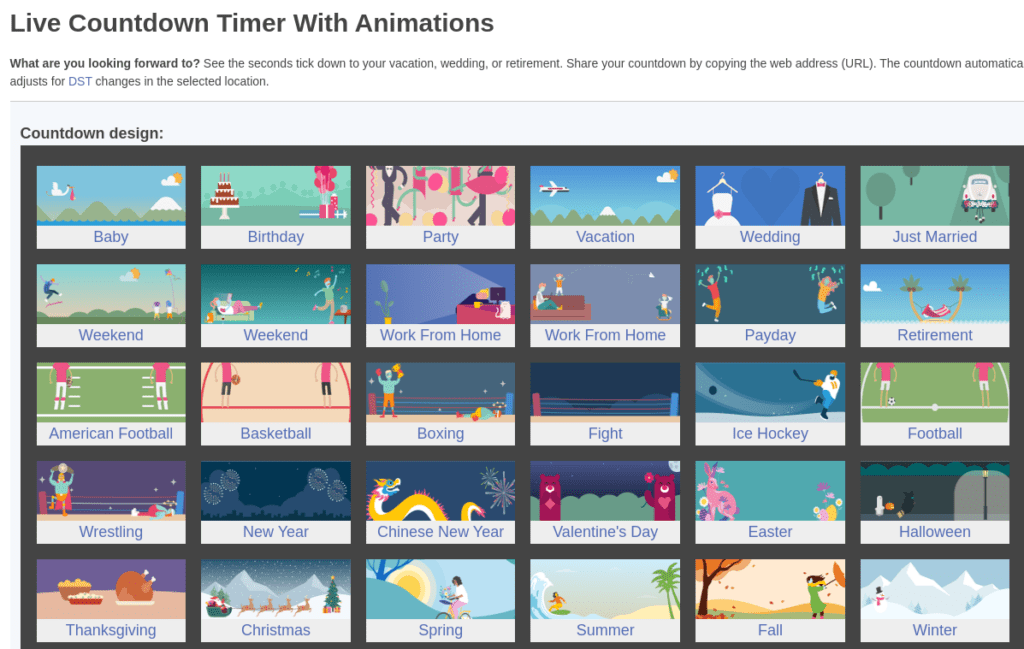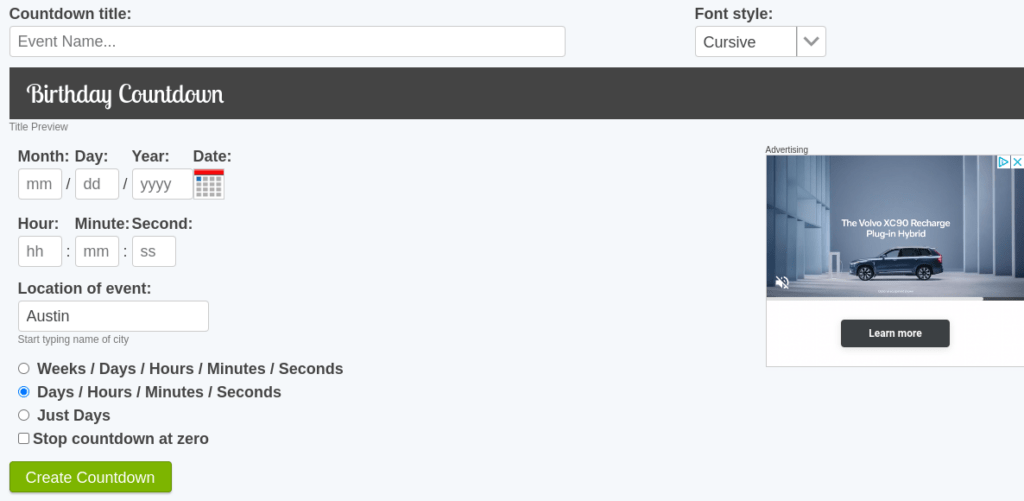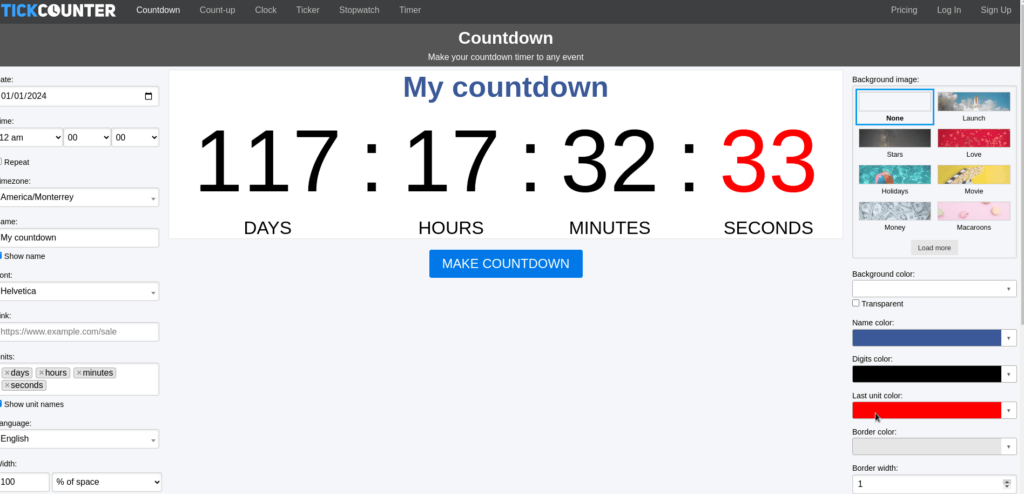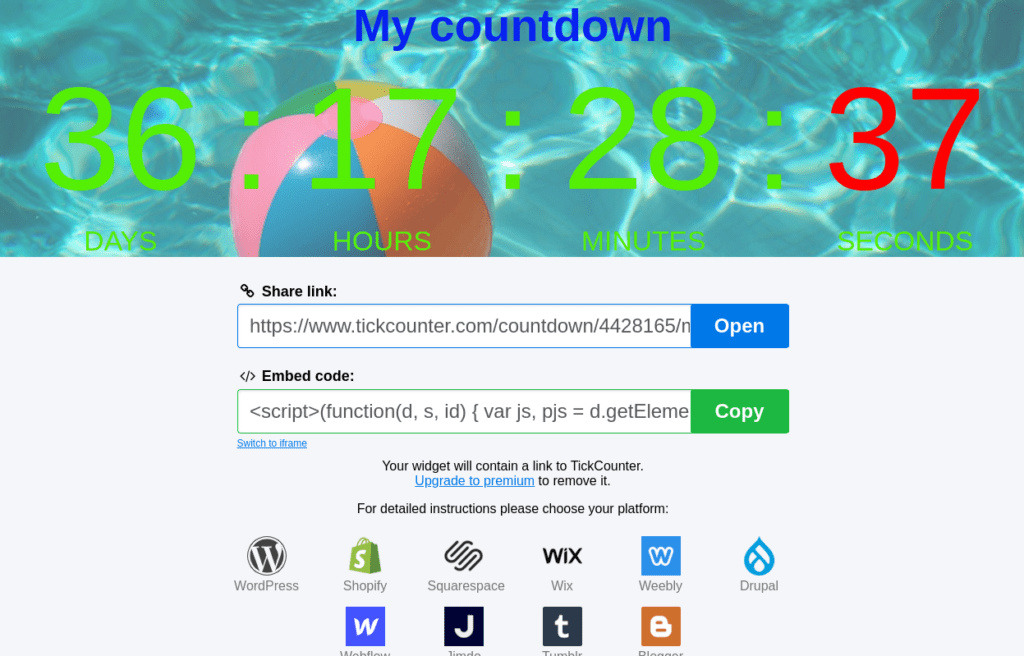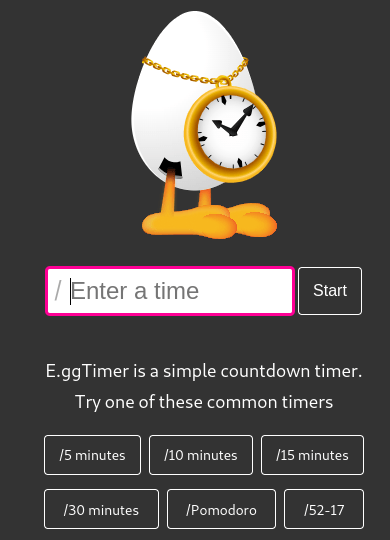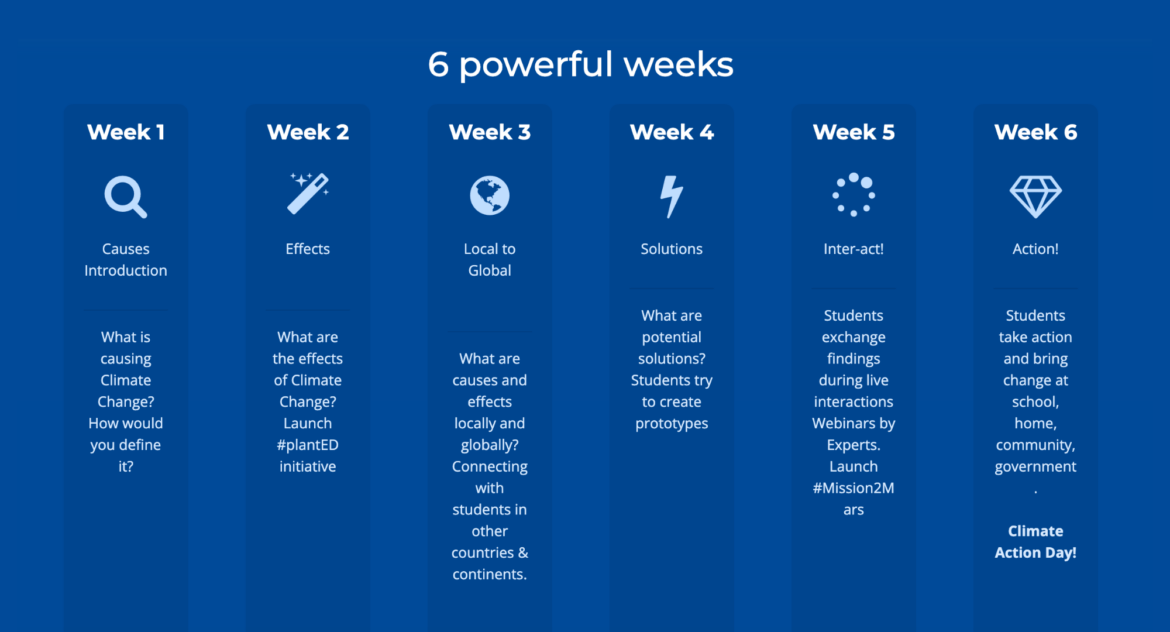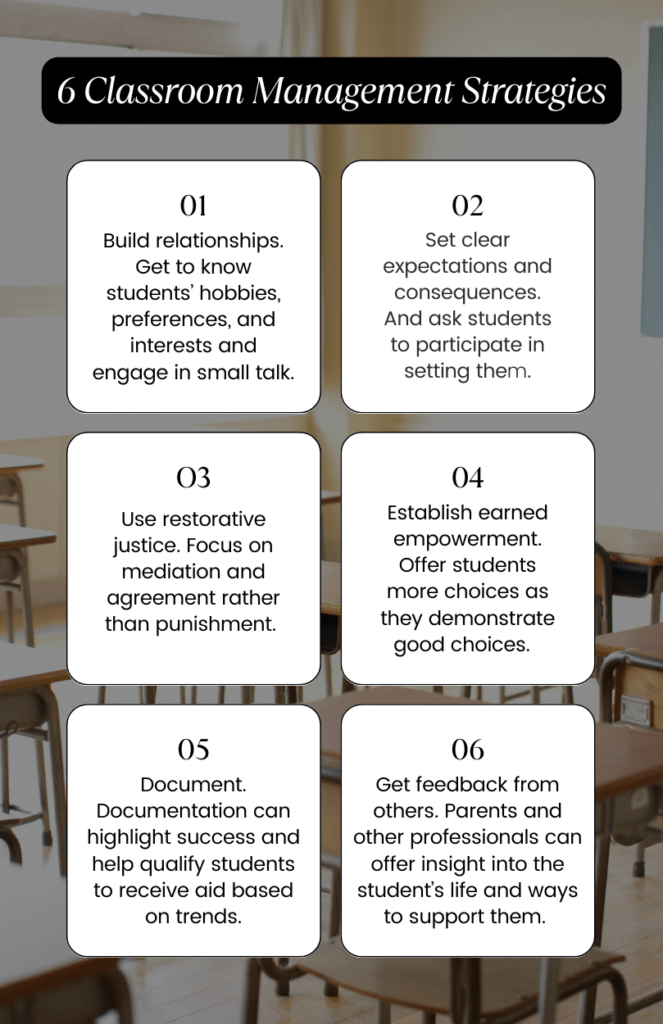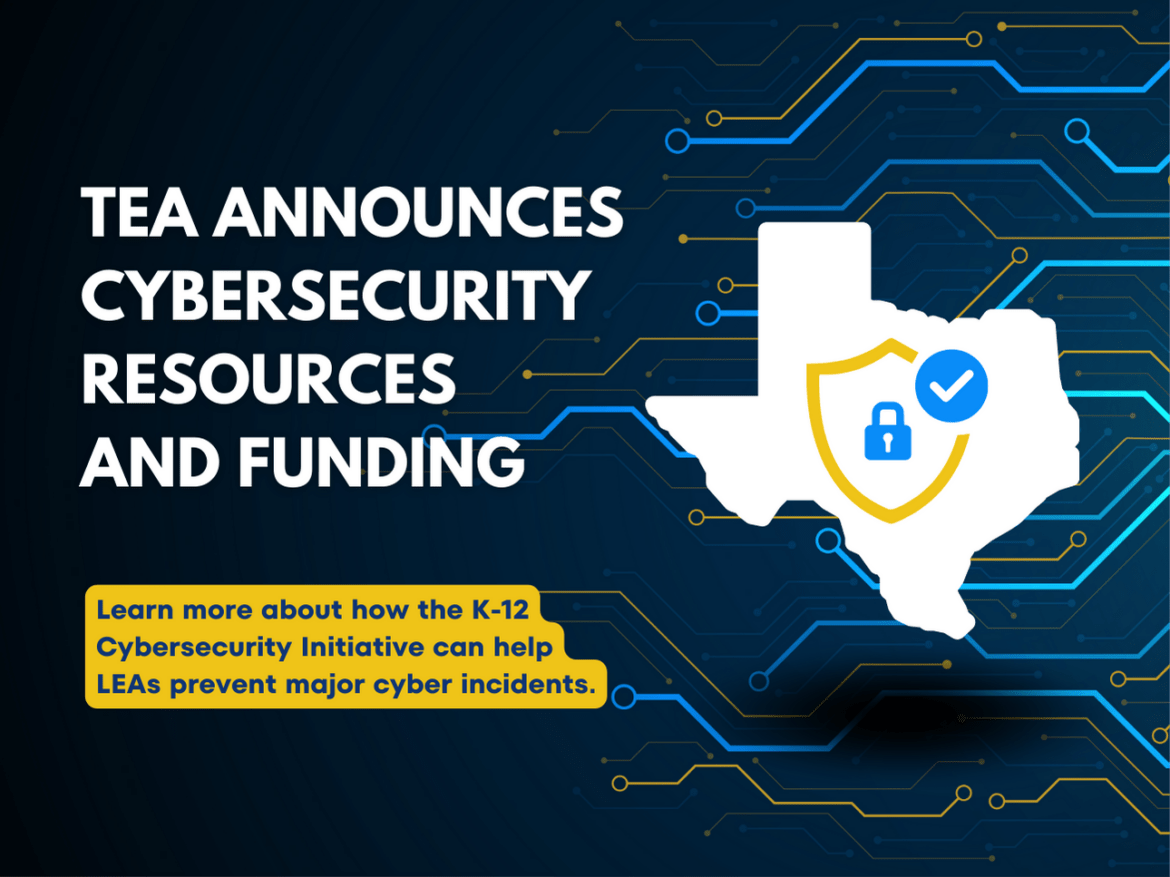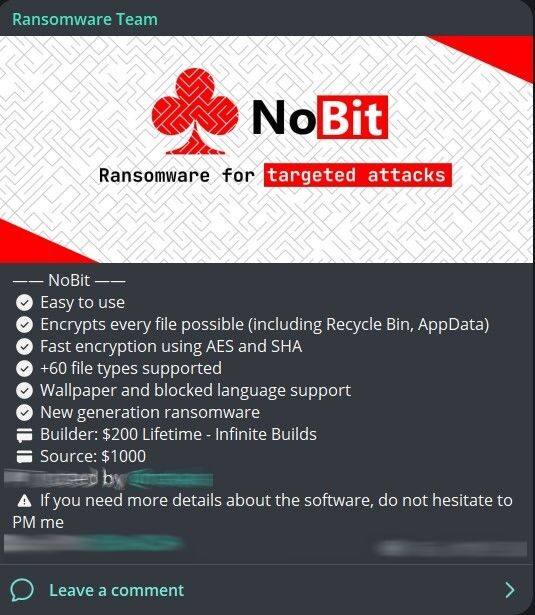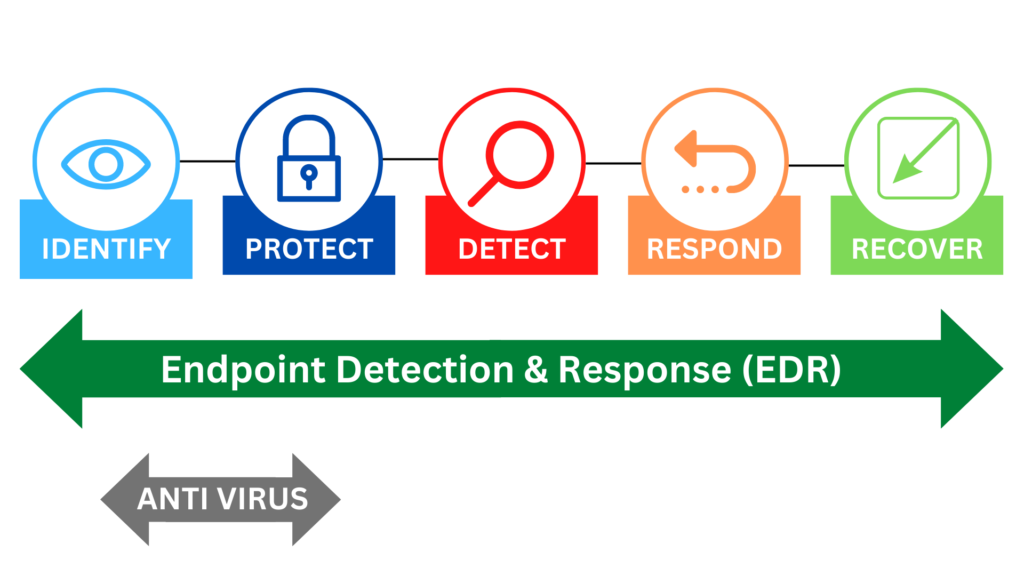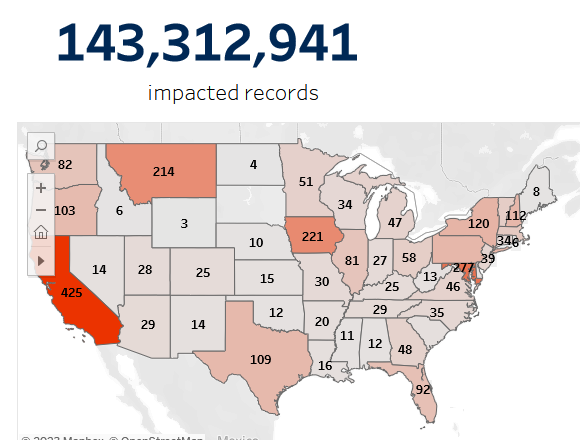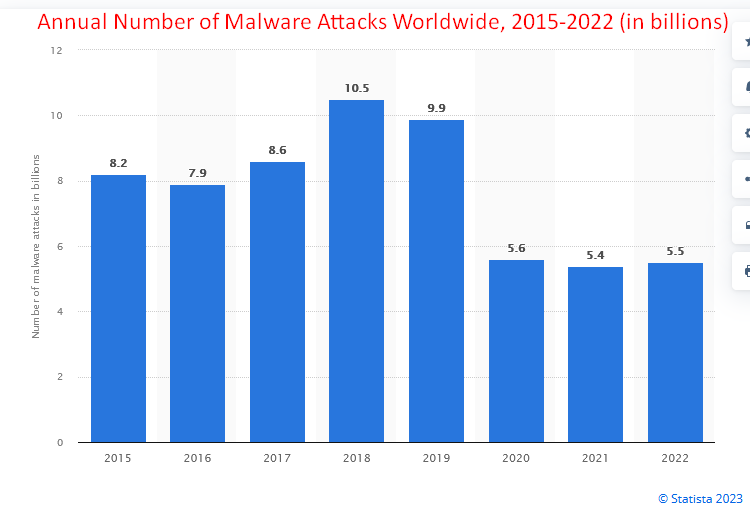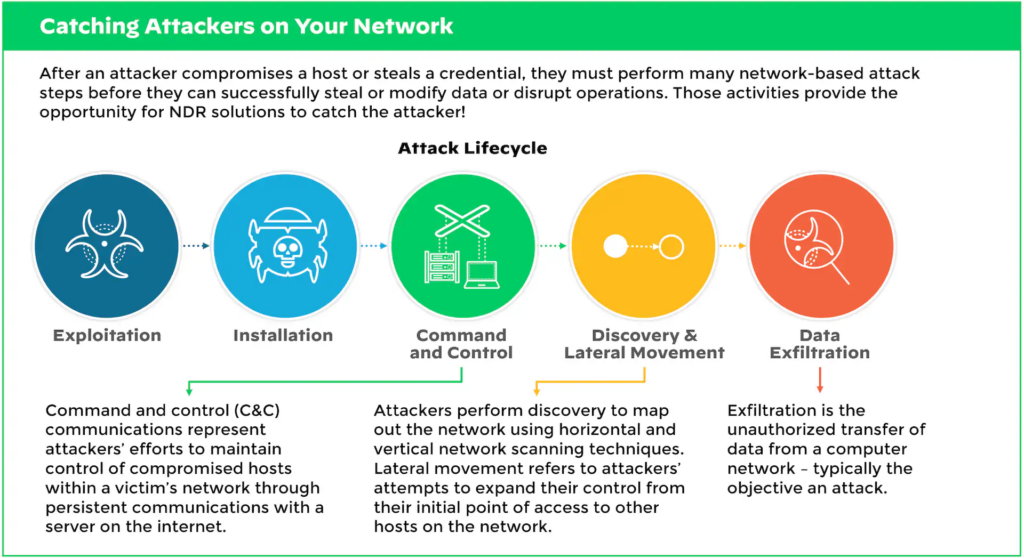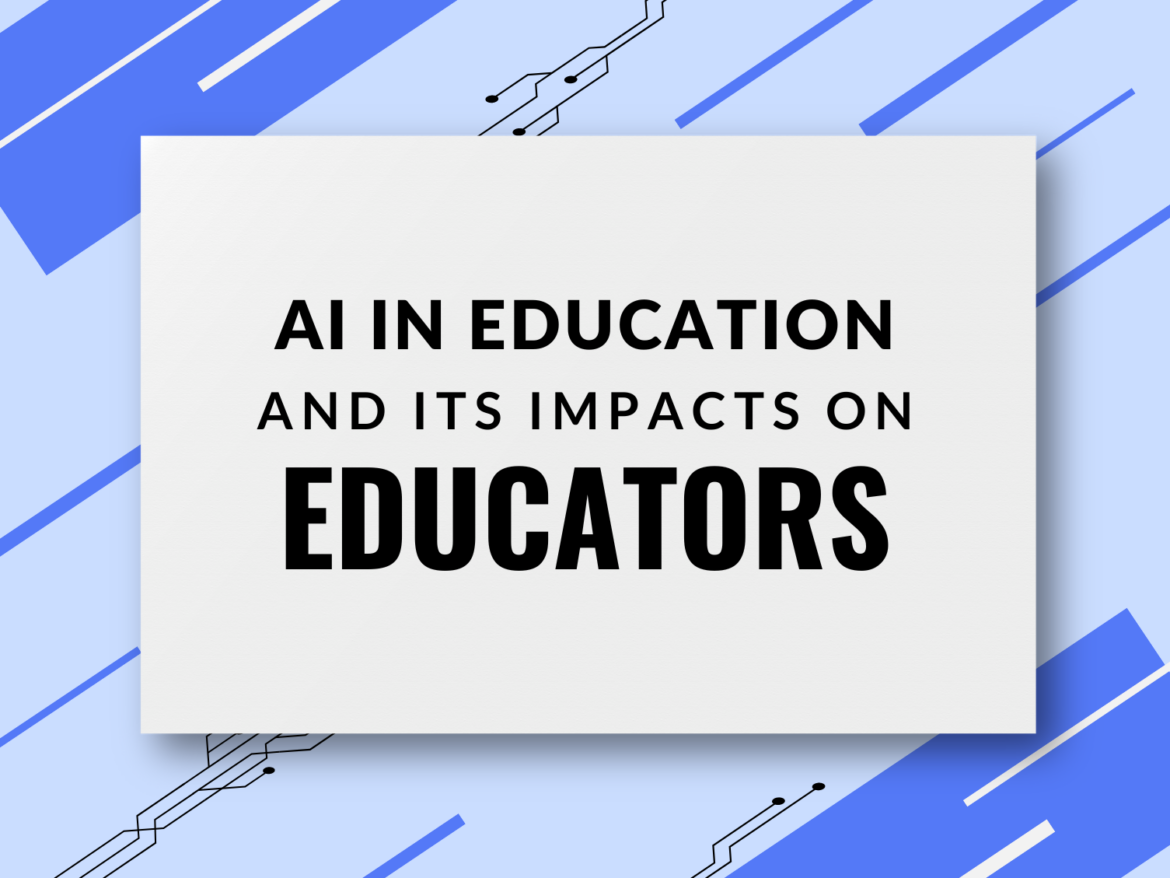Are you looking for short videos to use as bell ringer activities in science class? Or maybe you’re wanting to integrate videos into your lessons? Discover a roundup of video sources you won’t want to miss. But before I introduce those, let’s look at some strategies you can pair with videos to get students thinking.
Strategies to Use with Videos
Add Questions
Use tools like Vibby, EduPuzzle, and PlayPosIt to slice up videos or ask all types of questions. In the case of the latter two tools, you can insert questions into strategic places in the video.
Create Guided Notes
Create guided notes for a video or for your lesson. You can also have students rely on outlining and summarizing strategies such as Cornell Note-taking.
Think-Puzzle-Explore
Use a thinking tool like Think-Puzzle-Explore with Wakelet. Elements of the approach include:
- What do you think you know about this topic?
- What questions or puzzles do you have?
- How can you explore this topic? (Source: Visible Thinking)
Concept Mapping
Semantic, word, or concept maps are easy to make with paper and pencil. But today, you can find a variety of digital tools to support semantic map-making. Use yED Live, Bubbl.us, CMAP Cloud Tools, Diagrams.net, Microsoft OneNote, and/or Google Drawing.
EduProtocols
You can also use an EduProtocol to encourage sharing. ArianaK Hern suggests a “Research EduProtocol.” Here are some other EduProtocols to consider:
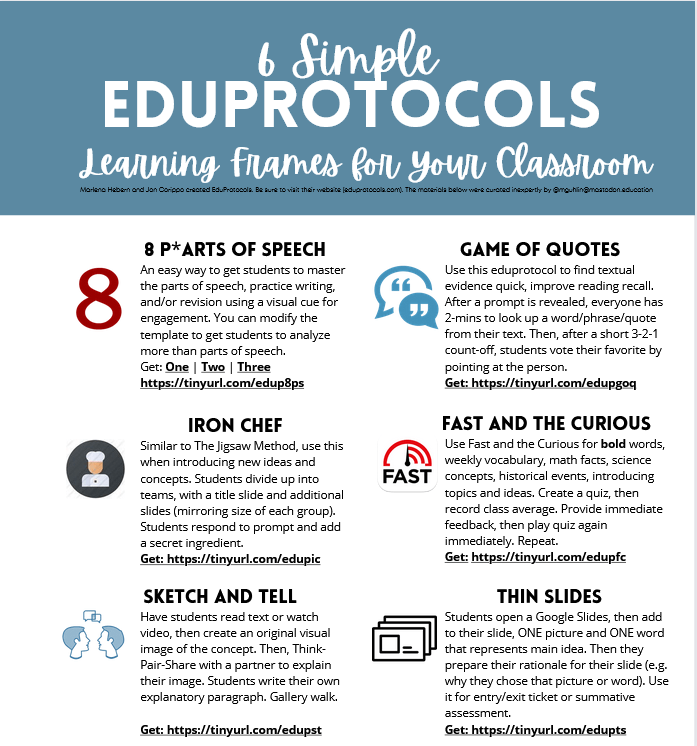
Now, let’s focus on science-related video sources to fuel learning in the science classroom.
Video Source #1: Twig Science Reporter
“Check out Twig Science Reporter. They release science news videos on Thursday featuring three different topics in less than five minutes. My students can’t wait for Friday when I show the video,” says Becky Deehr.
You may recall TCEA’s Twig Create: A Tool for Science Reflections article. In this article, I share a Google Doc template for a reflection model to use when watching videos from Twig.
Twig Science Reporter offers free K-8 science video news every week. You can sign up at no cost for video delivery to your email inbox via their website.
You can also check out their YouTube channel, where they feature videos on a wide variety of topics. Subscribe to their shorts, too!
Additionally, they have videos in Spanish/Español. Here’s one:
Video Source #2: PBS Deep Look
Often overlooked, PBS Deep Look offers a host of short video clips you can use. For example, who might win a fight between a cockroach and a hydraulic press?
PBS Deep Look can provide some insight:
Do cockroaches, those daring, disgusting disease vectors, have anything at all to offer us? Scientists think so. They compressed American roaches with a hydraulic press, subjecting them to the force of 900 times their body weight. Don’t worry (or do): They survived! How exactly do they do it?
You will find video clips ranging from three to five minutes. The range of videos includes a wealth of amazing topics. And, of course, there’s a YouTube channel. You might also explore PBS NOVA, which offers long videos that you can excerpt for students.
Video Source #3: Scholastic’s StudyJam
Boasting over two hundred “jams” (a.k.a. videos), you can access lots of content through Scholastic’s StudyJam. Most popular jams include topics like:
StudyJams features a science and math section. Specific jams combine videos, an option to sing karaoke, and a self-assessment tool. Here’s one example focused on Plants with Seeds.
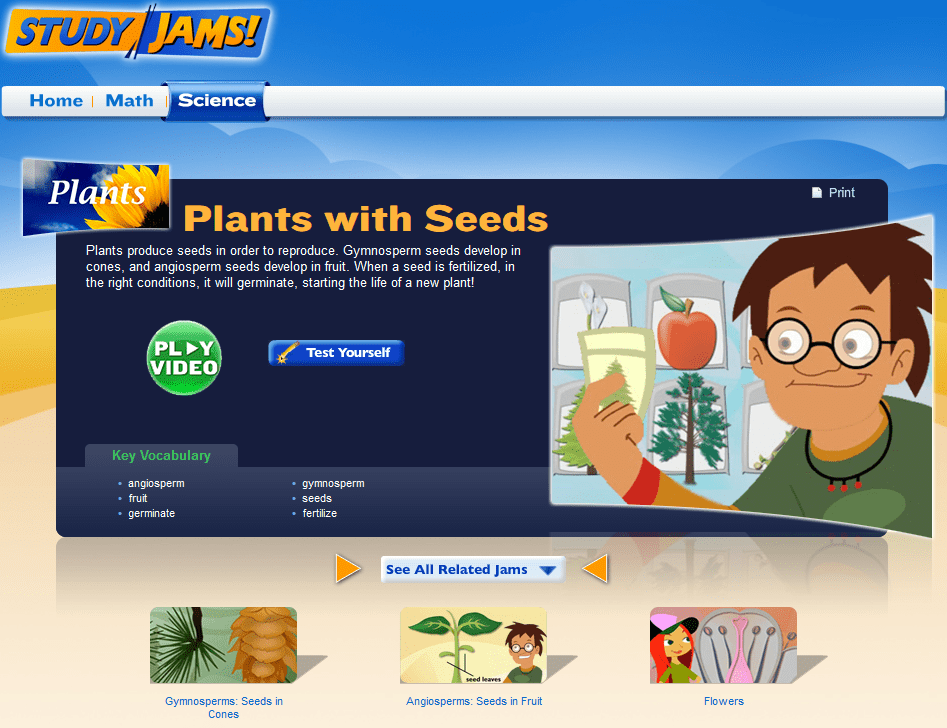
Video Source #4: Dr. B Science
These YouTube-hosted videos focus on a variety of science topics. Besides videos, you will find practice questions for the videos. Dr. B Science offers a curated collection of videos. These videos appear on YouTube, so the real benefit is in the curation. Key groupings of curated videos include:
Be sure to explore the YouTube channel for Dr. B Science. You will find a variety of videos. Each seeks to “break down big science concepts into smaller, bite-sized bits.”
The Dr. B Science website also offers resources for sale in their teacher section. Teachers who want to avoid Teachers Pay Teachers and invest in Dr. B Science may find some gems.
Video Source #5: TED Ed
Need a wide range of videos? Explore TED Ed videos for science and technology. They offer a straightforward approach and include lesson ideas. Their process for students follows:
- Watch
- Think
- Dig Deeper
- Discuss
Give it a try with this video on the types of meat:
Ted Ed offers their videos via YouTube, so they are accessible on many devices. For those in restricted environments, you might want to read about these simple video tricks.
Bonus: Extra Video Sources
Looking for more science videos? Here are a few other places where you’ll find free and paid science video options.
- Underwater Volcanoes. A few videos on underwater volcanoes with lesson materials aligned with NGSS.
- AsapScience. A zany source of videos. I’d recommend previewing them to see how they fit in to your lessons.
- Exploratorium. Find some free online science videos in the video search area.
- Khan Academy. A huge collection of science and engineering videos. See their intro video.
- Science Mill. A curated collection of 20-minute science videos or webinars.
- Texas Instruments. This YouTube channel offers several middle school science-focused videos, among others.
- BrainPop. Teachers can get free access to select content for a 30-day preview.
Double Bonus: Social Media Science Videos
Another amazing source of science videos includes social media outlets. Check out this roundup of videos on Instagram. It features videos from ScienceAlert, ScienceChannel, Discovery, and NASA.
Or, you can skip straight to the TikTok science videos. You’ll meet folks like Mrs. B TV, a science teacher from North Carolina, and Mr. Wolkenfeld, a retired teacher who adds guitar accompaniment to The Scientific Method.
So, are you ready to explore these science video resources and incorporate them into your classroom? Which one will you start with, and what strategy will you pair with it? If you have resources you know and love that aren’t on the list, share them with us in the comments.

